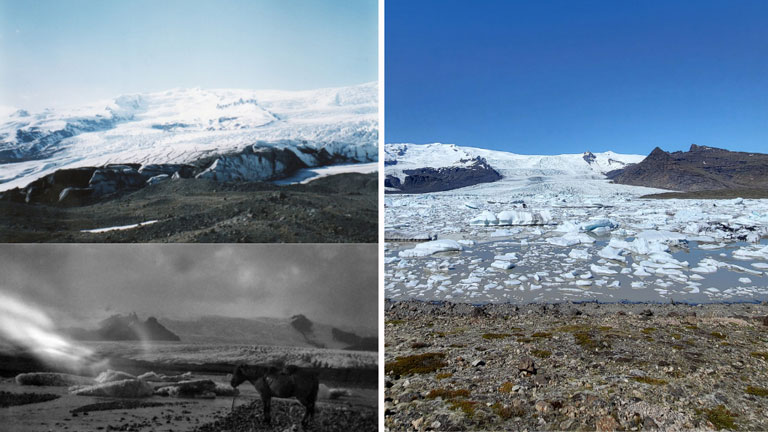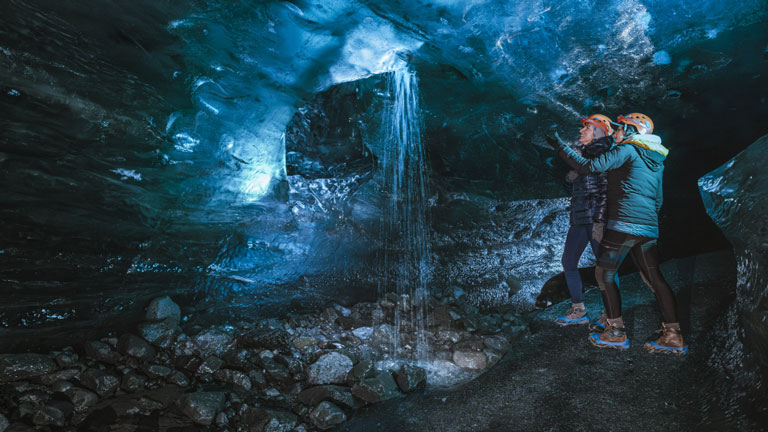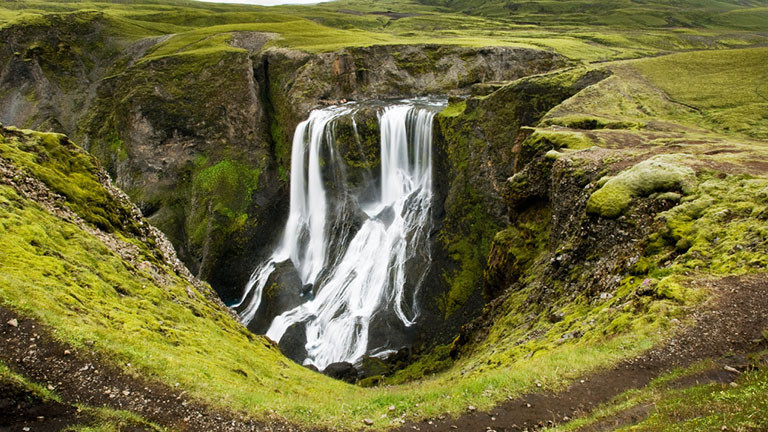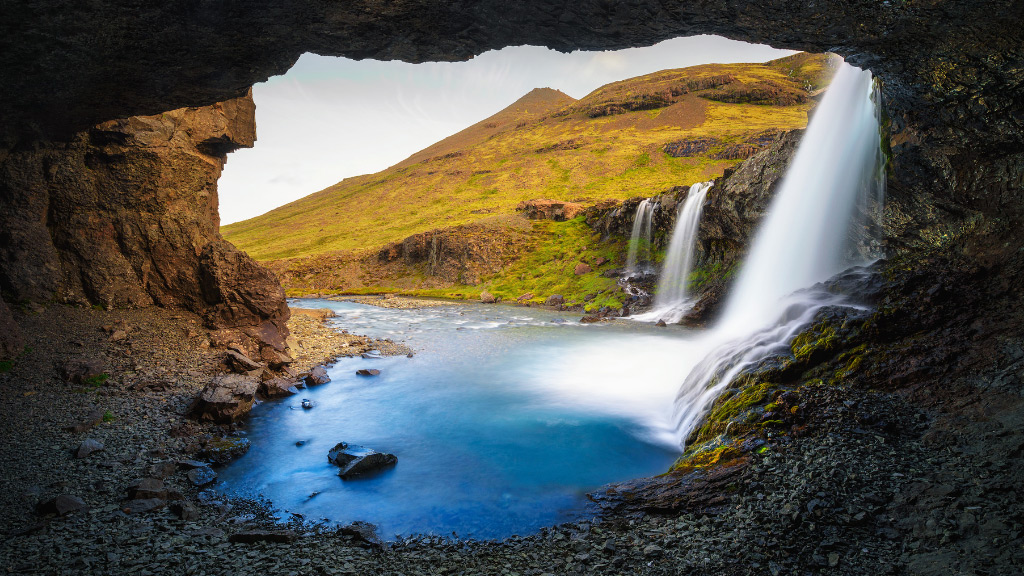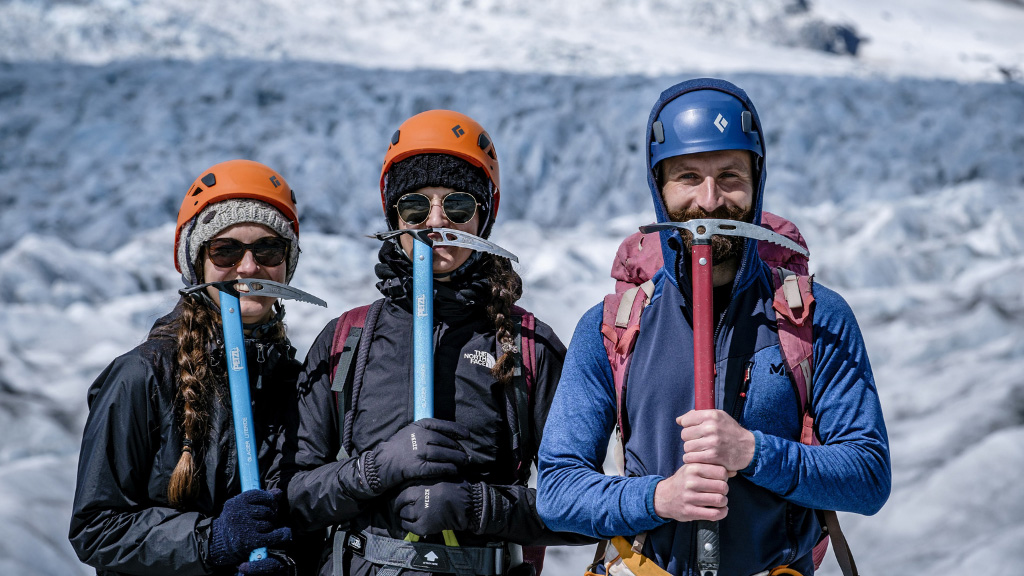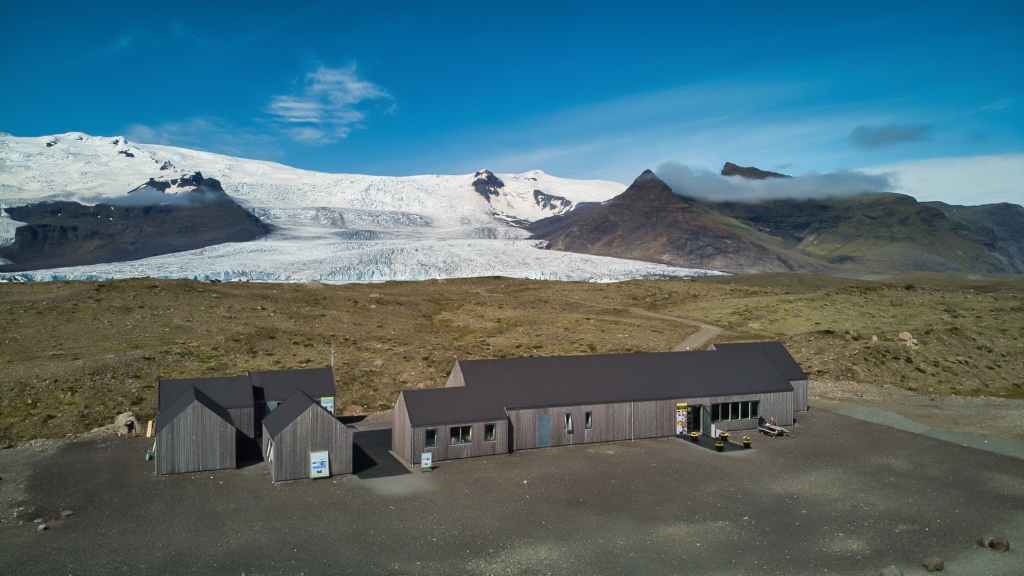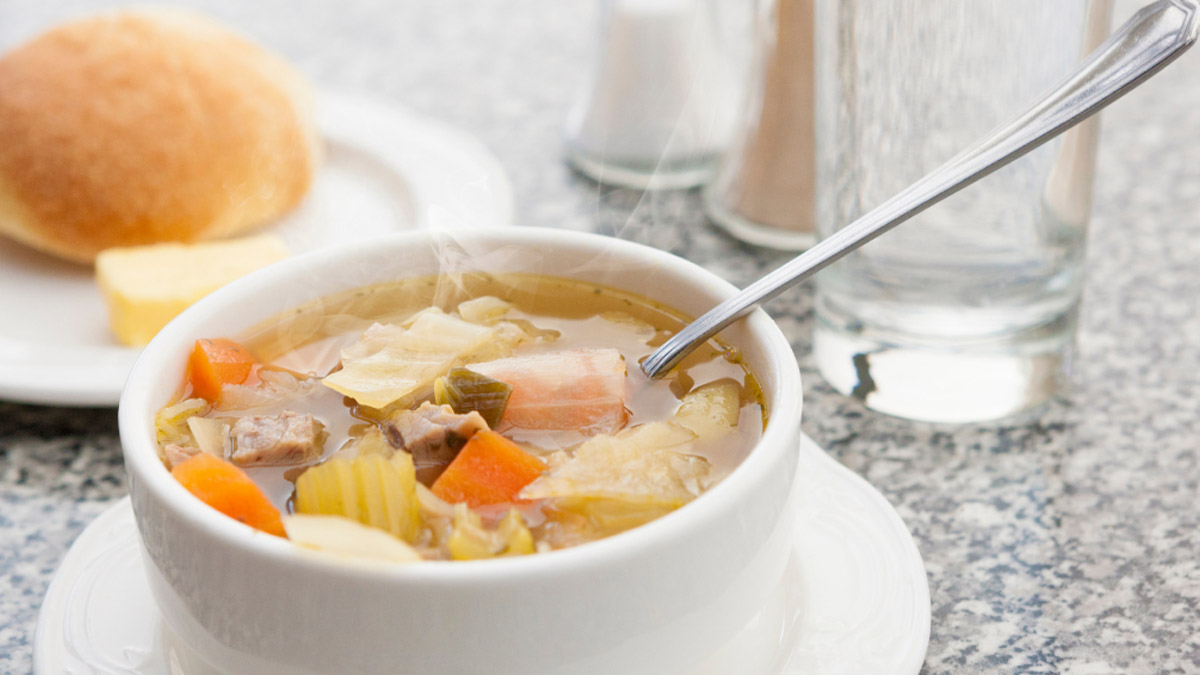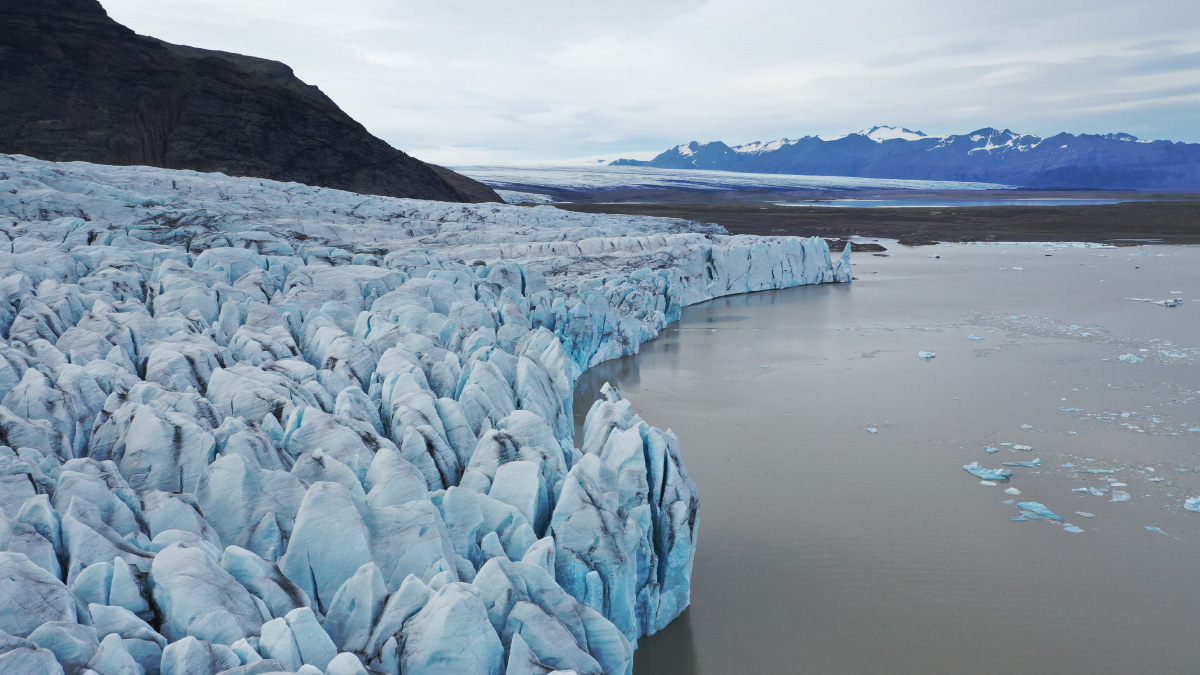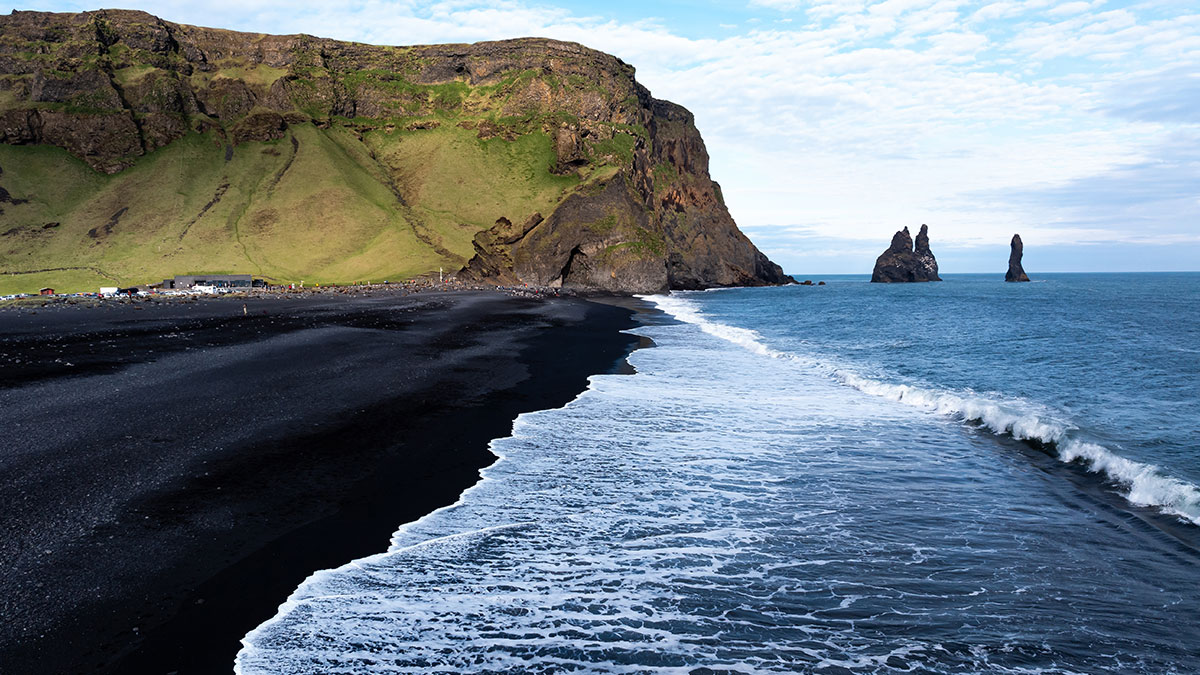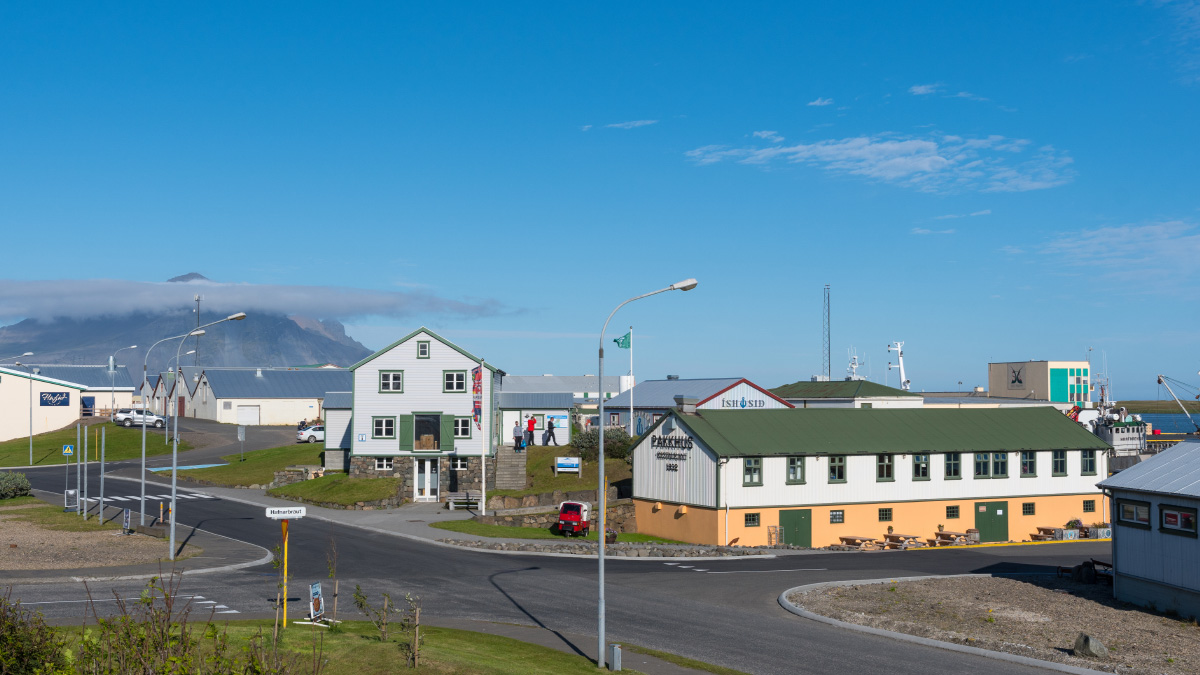Articles
Who doesn’t dream of finding a tucked-away spot in Iceland that is relatively undiscovered? You can be forgiven for thinking that, especially along the country’s busy south coast, it’s almost impossible to find such a place. Yet with a bit of effort, an intrepid attitude and a sense of adventure, hidden gems do still exist. In this article, we’ve rounded up a few of our favourites close to Fjallsárlón, which you can schedule before or after your visit.
Who doesn’t dream of finding a tucked-away spot in Iceland that is relatively undiscovered? You can be forgiven for thinking that, especially along the country’s busy south coast, it’s almost impossible to find such a place. Yet with a bit of effort, an intrepid attitude and a sense of adventure, hidden gems do still exist. In this article, we’ve rounded up a few of our favourites close to Fjallsárlón, which you can schedule before or after your visit.
Who doesn’t dream of finding a tucked-away spot in Iceland that is relatively undiscovered? You can be forgiven for thinking that, especially along the country’s busy south coast, it’s almost impossible to find such a place. Yet with a bit of effort, an intrepid attitude and a sense of adventure, hidden gems do still exist. In this article, we’ve rounded up a few of our favourites close to Fjallsárlón, which you can schedule before or after your visit.
Who doesn’t dream of finding a tucked-away spot in Iceland that is relatively undiscovered? You can be forgiven for thinking that, especially along the country’s busy south coast, it’s almost impossible to find such a place. Yet with a bit of effort, an intrepid attitude and a sense of adventure, hidden gems do still exist. In this article, we’ve rounded up a few of our favourites close to Fjallsárlón, which you can schedule before or after your visit.
Imagine stepping on to a frozen landscape that has been sculpted through centuries of ice, you feel the crunch of the ancient ice underneath your feet, and all around you there are different colors of blue and white, and deep crevasses. Welcome to glacier hiking!
Glacier hiking is one of the most popular activities to do in Iceland. No wonder, in Iceland, especially on the South Coast of the island, you will find majestic glaciers on every turn. These glaciers are fairly easily accessible, but at the same time people should be extremely careful and not venture onto a glacier without proper guidance. Around the Vatnajökull National Park area you will find many companies that operate guided glacier experiences. At Fjallsárlón you will find one of those companies that promises a fantastic glacier adventure, and no crowds!.
Are you looking to travel around the South Coast of Iceland and thinking of where to stay? Look no further, we’ve got your back. In this article we will help you make up your mind. From luxurious retreats to charming country stays, here are some of the best hotels that offer comfort, convenience, and unforgettable access to the wonders of Vatnajökull National Park.
Vatnajökull National Park, a jewel of Iceland’s natural landscape, offers breathtaking glaciers, dramatic waterfalls, and vast volcanic terrains. With the growing number of travelers, understanding parking options is crucial for a smooth visit. Parking policies vary within the park, including both free and paid areas.
Iceland’s relatively small population means that though it has a national cuisine, regional variations aren’t actually all that common. However, that does mean that as you travel across the country, if you’ve discovered a favourite dish then you’re likely to encounter it again and again. In this article, we’ll take a look at the must-try foods you should sample while you’re in South East Iceland as we take you on a virtual culinary tour.
At Fjallsárlón, we are proud to offer unique tours at one of Iceland’s most stunning glacial lagoons. We are often asked if it is allowed to fly drones in Fjallsárlón? As part of our commitment to environmental preservation and visitor safety, we ask all guests to follow the official drone usage guidelines within Vatnajökull National Park.
Looking into a town’s past helps understand its present and its future. Iceland’s history stretches back more than a thousand years and the interaction between humans and their environment has woven an intricate cultural tapestry. Höfn’s story kicks off much later, but despite being relatively young by Icelandic standards, this corner of the country has an interesting history that’s well worth delving into.
Looking into a town’s past helps understand its present and its future. Iceland’s history stretches back more than a thousand years and the interaction between humans and their environment has woven an intricate cultural tapestry. Höfn’s story kicks off much later, but despite being relatively young by Icelandic standards, this corner of the country has an interesting history that’s well worth delving into.


